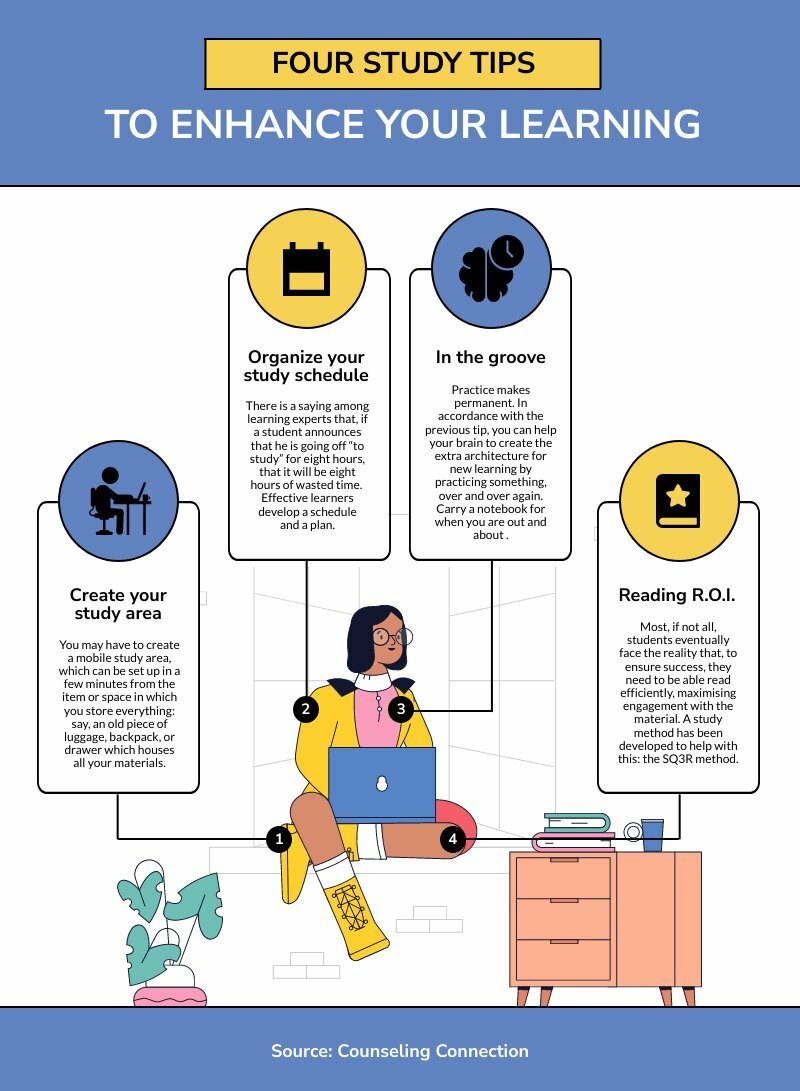Altiplano Design Insights
Exploring the beauty and creativity of design in everyday life.
Sleep Your Way to the Top of the Class
Unlock your academic potential! Discover how better sleep can elevate your grades and boost your performance. Sleep your way to success!
The Science of Sleep: How Proper Rest Boosts Academic Performance
The Science of Sleep plays a crucial role in cognitive function, making it essential for academic performance. Numerous studies have shown that a good night's sleep enhances memory consolidation, attention span, and problem-solving abilities. According to the National Institutes of Health, sleep is integral to learning, as it helps the brain process and store information acquired throughout the day. Students who prioritize proper rest not only find it easier to focus during lectures but also experience improved retention of knowledge, which is vital for exam success.
Furthermore, lack of sleep can lead to a decline in academic performance due to increased fatigue and diminished cognitive capabilities. According to a study published in the Journal of Sleep Research, students who sleep less than 7 hours per night are more likely to struggle with maintaining their grades. Therefore, establishing a consistent sleep schedule and creating a restful environment are key strategies for students aiming to excel academically. Ultimately, embracing the science of sleep can lead to significant improvements in both well-being and educational outcomes.

Sleep Hacks for Students: Tips to Maximize Your Study Efficiency
As a student, maximizing your study efficiency is crucial for managing your time effectively. One of the best ways to enhance your productivity is by incorporating proper sleep hygiene into your routine. Begin by establishing a consistent sleep schedule, aiming for 7-9 hours of sleep each night. This helps regulate your body's internal clock and improve alertness during study sessions. Additionally, consider creating a pre-sleep ritual—whether it's reading, meditating, or journaling—to prepare your mind for rest. A calm environment is also essential: keep your bedroom dark, quiet, and cool to further optimize your sleep quality.
Another effective technique is the Pomodoro Technique, which encourages students to focus on their studies for 25 minutes, followed by a 5-minute break. During this time, avoid screens and engage in relaxing activities such as stretching or taking deep breaths. After completing four cycles, reward yourself with a longer break of 15-30 minutes. Furthermore, it’s advisable to avoid caffeine and heavy meals before bedtime as these can disrupt your sleep. For more insights on studying efficiently, check out MindTools for strategies that promote both learning and rest.
Is Your Sleep Schedule Sabotaging Your Grades?
Many students underestimate the impact of their sleep schedule on academic performance. Lack of proper sleep can lead to difficulties in concentration, memory retention, and overall cognitive function. According to a study by the Sleep Foundation, students who maintain consistent sleep patterns tend to achieve better grades compared to those who experience irregular sleep schedules. This is because a regular sleep routine helps regulate the body's internal clock, leading to improved alertness during learning hours.
Moreover, sacrificing sleep for studying can be counterproductive. Research indicates that a well-rested brain processes information more efficiently, allowing for better retention of knowledge. A study published in the Journal of Educational Psychology found that students who prioritize sleep are more likely to participate actively in class discussions and exhibit higher levels of engagement. Implementing a balanced sleep schedule not only enhances academic performance but also contributes to overall well-being, highlighting the crucial link between rest and success in school.